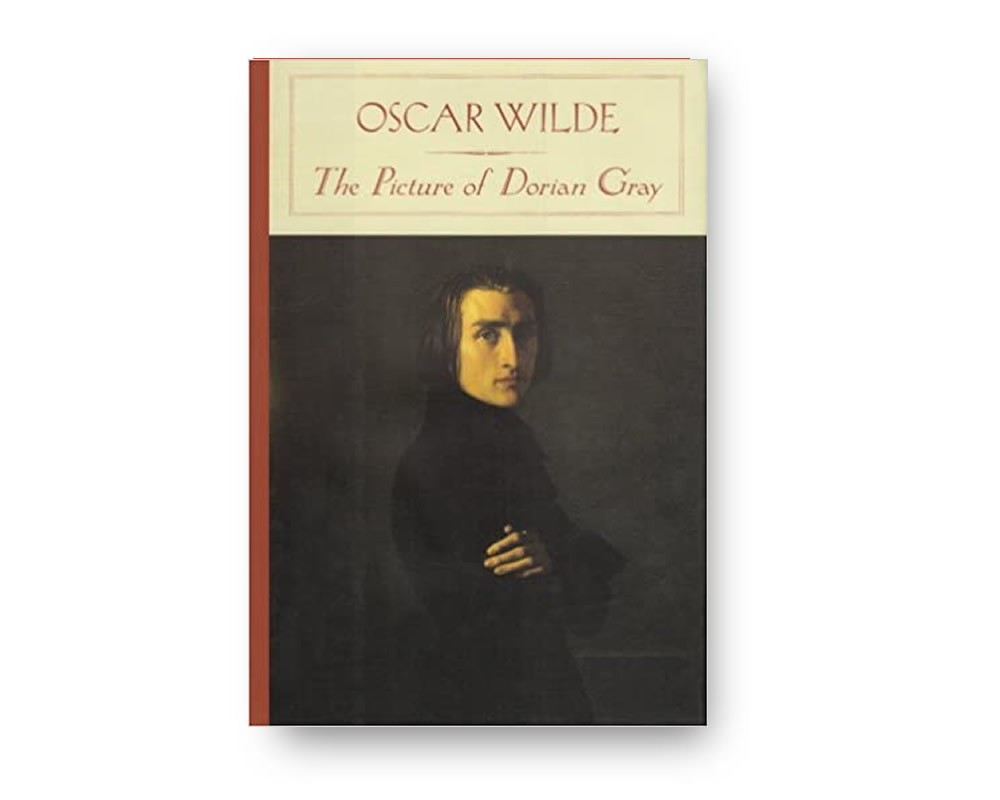“THE PICTURE OF DORIAN GRAY” by Oscar Wilde

“The books that the world calls immoral are books that show the world its own shame.”
― Oscar Wilde, on “The Picture of Dorian Gray”
“The Picture of Dorian Gray”is the only novel written by the Irish author Oscar Wilde. Oscar Wilde was an Irish poet and playwright, who was part of the aesthetic and the decadent movement. Throughout the book he expresses his views about the world, especially through the character of Lore Henry Wotton. The book was first published in July 1890, but the editors had removed roughly 500 words from the book, without Wilde’s consent, because they considered certain topics that the book touched inappropriate and they feared that the story was indecent. The book itself offended the moral sensibilities of British book reviewers and was not deemed a good book for the average reader. A year after its first publication, a second version of the bookwas published, which included more pages from the original.
PLOT
The book evolves around the life of a handsome narcissistic young man, Dorian Gray. Dorian Gray is the subject of a portrait in oil by Basil Hallward, an artist impressed and stunned by Dorian’s beauty. Through Basil, Dorian meets Lord Henry Wotton, and he soon is enthralled by the aristocrat’s hedonistic view. Understanding that his beauty will fade, Dorian expresses the desire to sell his soul, to ensure that the picture, rather than he, will age and fade. The wish is granted, and Dorian pursues a life, devoid of most moral principles, a sense of responsibility, or sexual restraints of varied amoral experiences while staying young and beautiful. His portrait, on the other hand, ages and records every sin that Dorian commits.
CHARACTERS
- Dorian Gray is the book’s protagonist. He is a handsome, narcissistic young man enthralled by Lord Henry’s hedonism. He indulges in every pleasure and virtually every ‘sin’, studying its effect upon him.
- Lord Henry “Harry” Wottonis an aristocrat who espouses a philosophy of self-indulgent hedonism. Initially Basil’s friend, he is the voice of Oscar Wilde in the book. Through him he expresses his opinions and theories.
- Basil Howard is a deeply moral man and the painter of the portrait. He is infatuated with Dorian, whose patronage gives him the chance to develop his potential as an artist. The picture of Dorian Gray is Basil’s best work.
Oscar Wilde said that these three characters were reflections of himself. Lord Henry was who the world thought he was, Basil was what himself thought he was and Dorian Gray was who he wanted to be.
- Sibyl Vane isa talented actress and singer, a girl from a poor family with whom Dorian falls in love.
- James Vane is Sibyl’s overprotective brother, a sailor who leaves for Australia.
PHILOSOPHIES
Two of the main themes of the book are Hedonism and Libertianism. Hedonism refers to a family of theories, all of which have in common that pleasure playsa central role in them. Psychological or motivational hedonism claims that our behavior is determined by desires to increase pleasure and to decrease pain.Libertianism is described as an extreme form of hedonism. Libertines put value on physical pleasures, meaning those experienced through the senses. Libertianism deems moral principles, sense of responsibility, or unnecessary sexual restraints.
SYMBOLS
Throughout the book one can find many symbols but the most prominent in the book are the portrait and a yellow book that Henry suggests to Dorian. The most important symbol in the book is the portrait. The picture takes the Victorian ideal of art to its logical extreme, that art teaches us a moral lesson. Every sin that Dorian commits has a profound effect on the picture. At a certain point is the book Henry sent Dorian, a French book bound in yellow which he voraciously reads. Books bound in yellow at the time were considered controversial. The book represents his influence over Dorian. Overall, the book explores how absolute hedonism can lead to one’s own downfall. In a society that prized beauty above all else, Dorian was influenced to make a wish which resulted in his dismay.
ΜΥIMPRESSIONS
The distinctive writing style of Oscar Wilde makes this book a very interesting read. The characters are fascinating and the plot is captivating. The themes presented in the book are a critique of 19th century society. This book is a classic read and I would recommend it to anyone.
“We all take such pains to over-educate ourselves. In the wild struggle for existence, we want to have something that endures, and so we fill our minds with rubbish and facts, in the silly hope of keeping our place.”
-LordHenry
Αναστάσιος Γεράσης (Β1), Πρότυπο ΓΕΛ Ευαγγελικής Σχολής Σμύρνης

